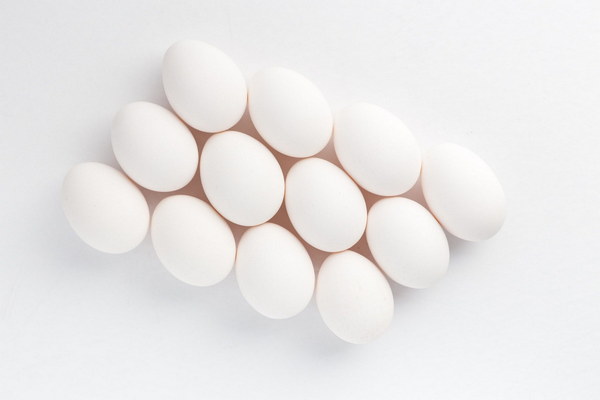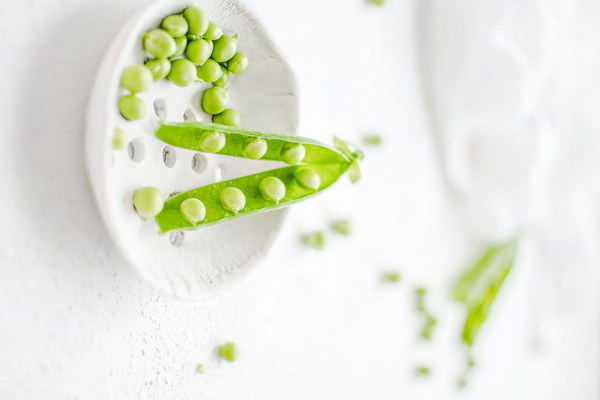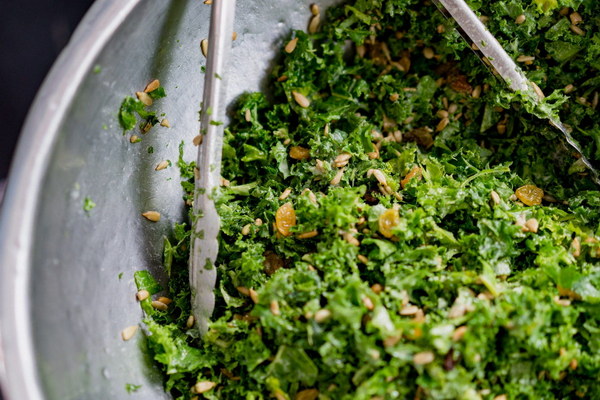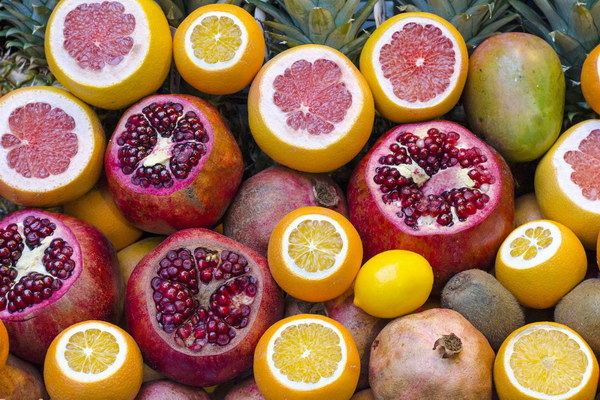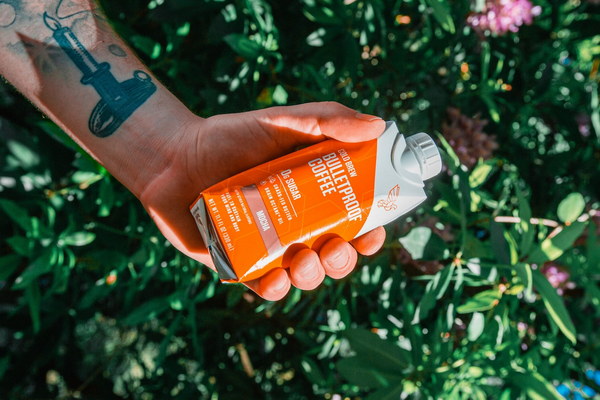Unveiling the Best Herbal Remedies for Excessive Dampness in Traditional Chinese Medicine
In Traditional Chinese Medicine (TCM), excessive dampness is considered a common cause of various health issues, such as fatigue, bloating, and digestive problems. The key to addressing this imbalance lies in finding the best herbal remedies that can effectively eliminate dampness from the body. This article will delve into the top herbal remedies for excessive dampness in TCM, providing insights into their properties, uses, and benefits.
1. Astragalus (Astragalus membranaceus)
Astragalus is one of the most highly regarded herbs in TCM for treating dampness. It has been used for centuries to strengthen the immune system, improve energy levels, and eliminate dampness from the body. This herb is believed to boost the body's resistance against external pathogens, thereby preventing dampness-related illnesses.
Key properties:
- Tonifies the spleen and lung Qi
- Promotes the circulation of Qi and blood
- Eliminates dampness and phlegm
- Strengthens the immune system
2. Poria (Poria cocos)
Poria is a common ingredient in TCM formulas for treating dampness. It is known for its ability to absorb excess moisture from the body, which helps to alleviate symptoms such as fatigue, bloating, and edema. Poria is also believed to enhance the body's ability to eliminate dampness by promoting the normal function of the kidneys and bladder.
Key properties:
- Absorbs and eliminates dampness
- Promotes the normal function of the kidneys and bladder
- Strengthens the immune system
- Supports the spleen and lung function

3. White Atractylodes (Atractylodes macrocephala)
White Atractylodes is another essential herb for treating excessive dampness. It is often used in combination with other herbs to strengthen the spleen and eliminate dampness. This herb helps to improve digestion, reduce bloating, and alleviate symptoms of dampness-related disorders.
Key properties:
- Strengthens the spleen
- Eliminates dampness and phlegm
- Improves digestion
- Reduces bloating and edema
4. Coix Seed (Coix lacryma-jobi)
Coix Seed is a well-known herb for eliminating dampness in TCM. It is commonly used to treat damp-heat disorders, such as acne and eczema. This herb helps to drain dampness, clear heat, and nourish the body's Yin.
Key properties:
- Drains dampness and clears heat
- Nourishes the body's Yin
- Improves skin health
- Strengthens the spleen and lung function
5. Alisma Rhizome (Alisma orientale)
Alisma Rhizome is an important herb for treating dampness in TCM. It has been used for centuries to eliminate dampness and improve digestion. This herb is particularly effective for treating dampness-related disorders that affect the urinary system, such as edema and frequent urination.
Key properties:
- Eliminates dampness
- Improves digestion
- Promotes the normal function of the urinary system
- Reduces edema and bloating
In conclusion, excessive dampness is a common issue in TCM, and it can lead to various health problems. By incorporating the best herbal remedies, such as Astragalus, Poria, White Atractylodes, Coix Seed, and Alisma Rhizome, into your treatment plan, you can effectively eliminate dampness and improve your overall health. However, it is important to consult a qualified TCM practitioner to ensure that the chosen herbs are appropriate for your specific condition and to receive personalized treatment advice.
